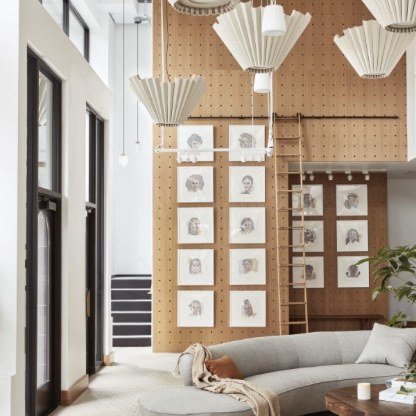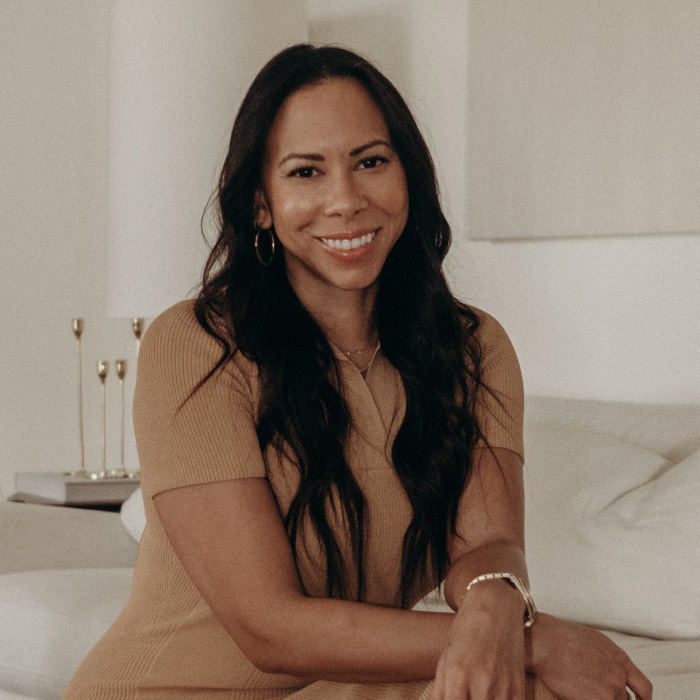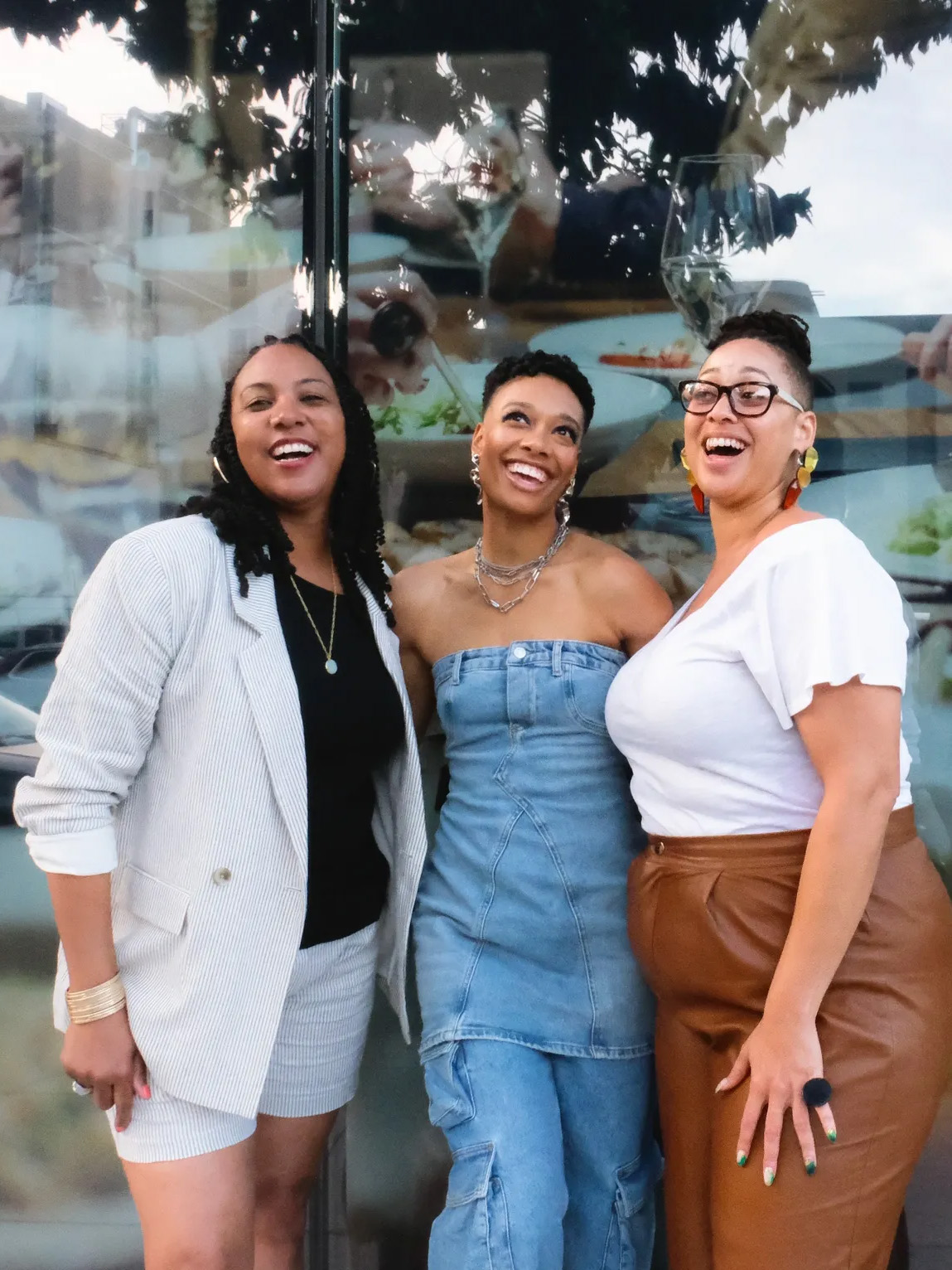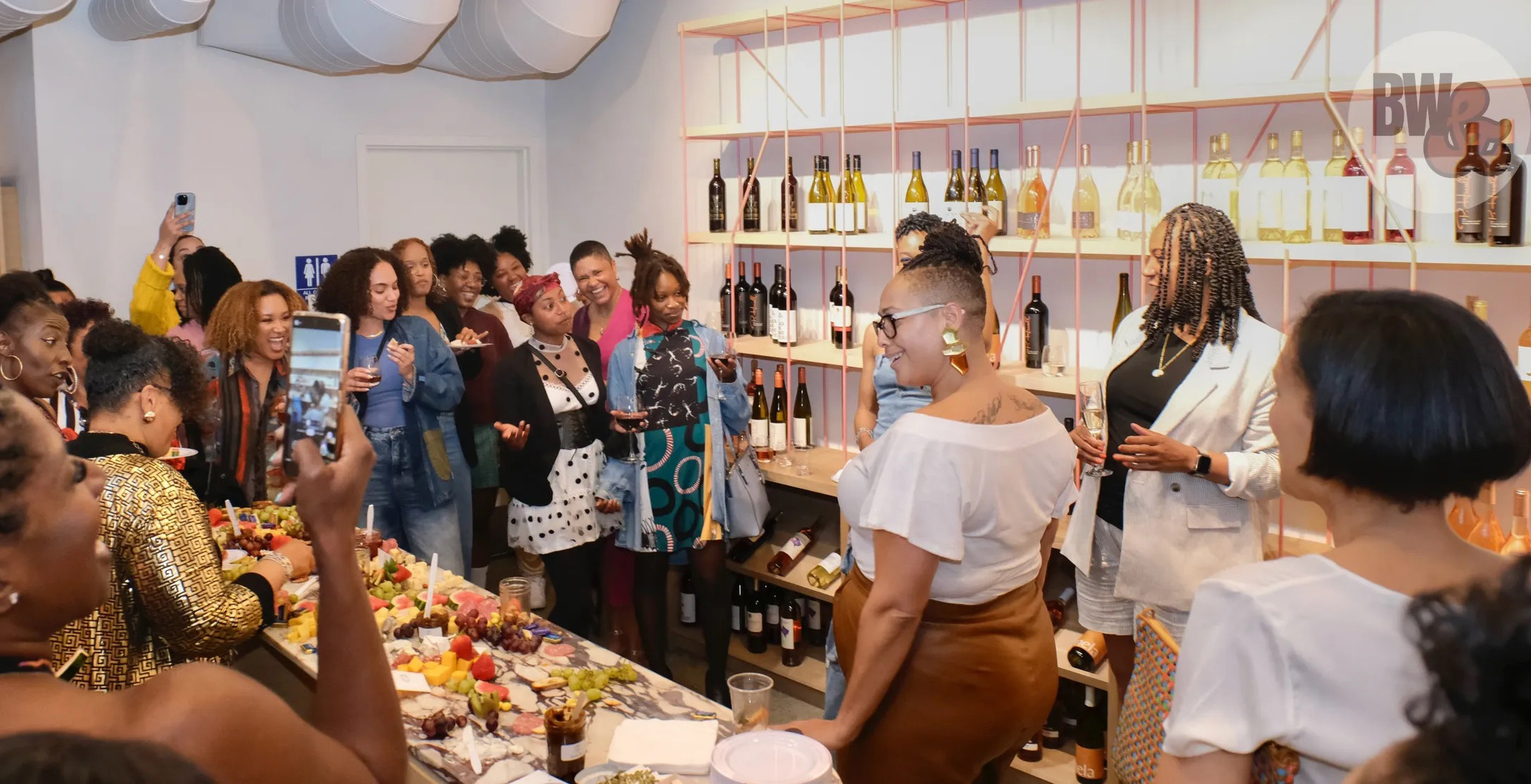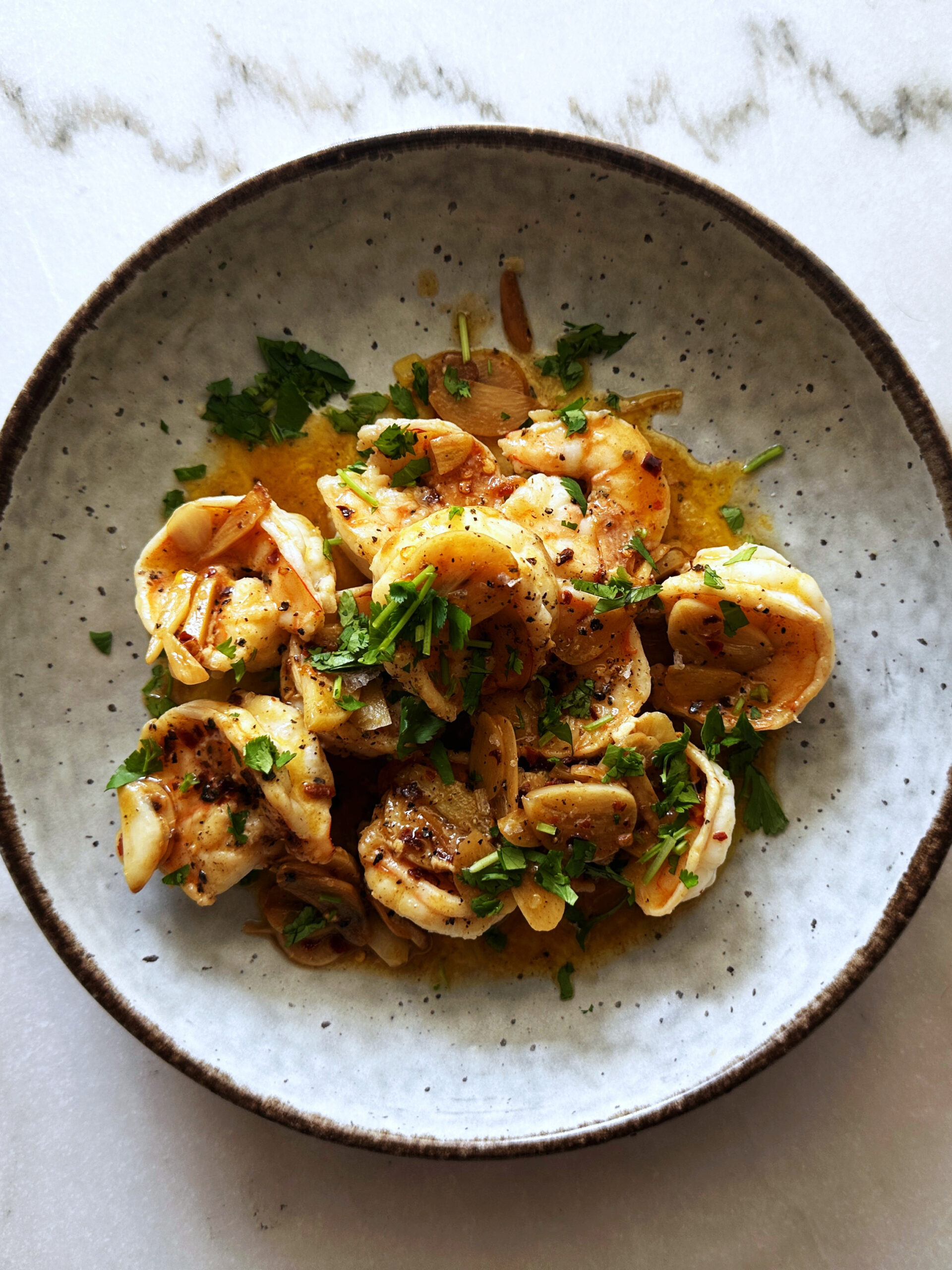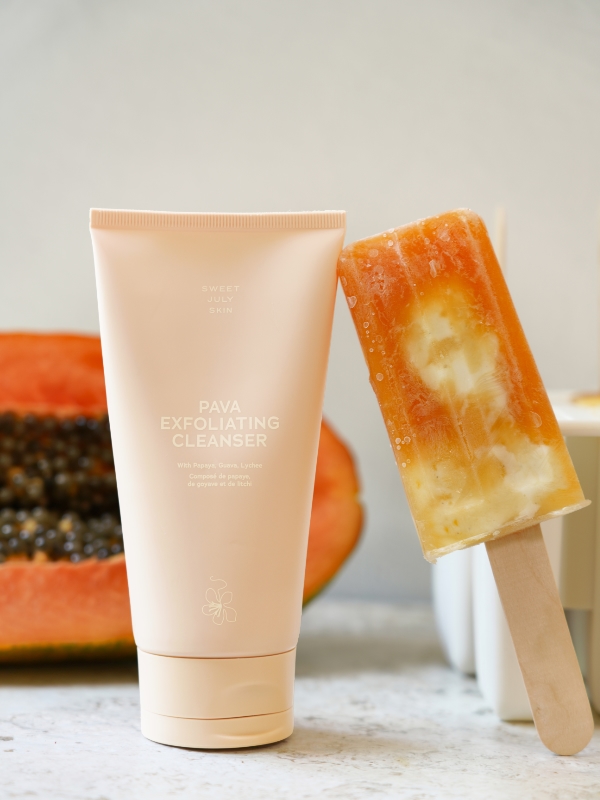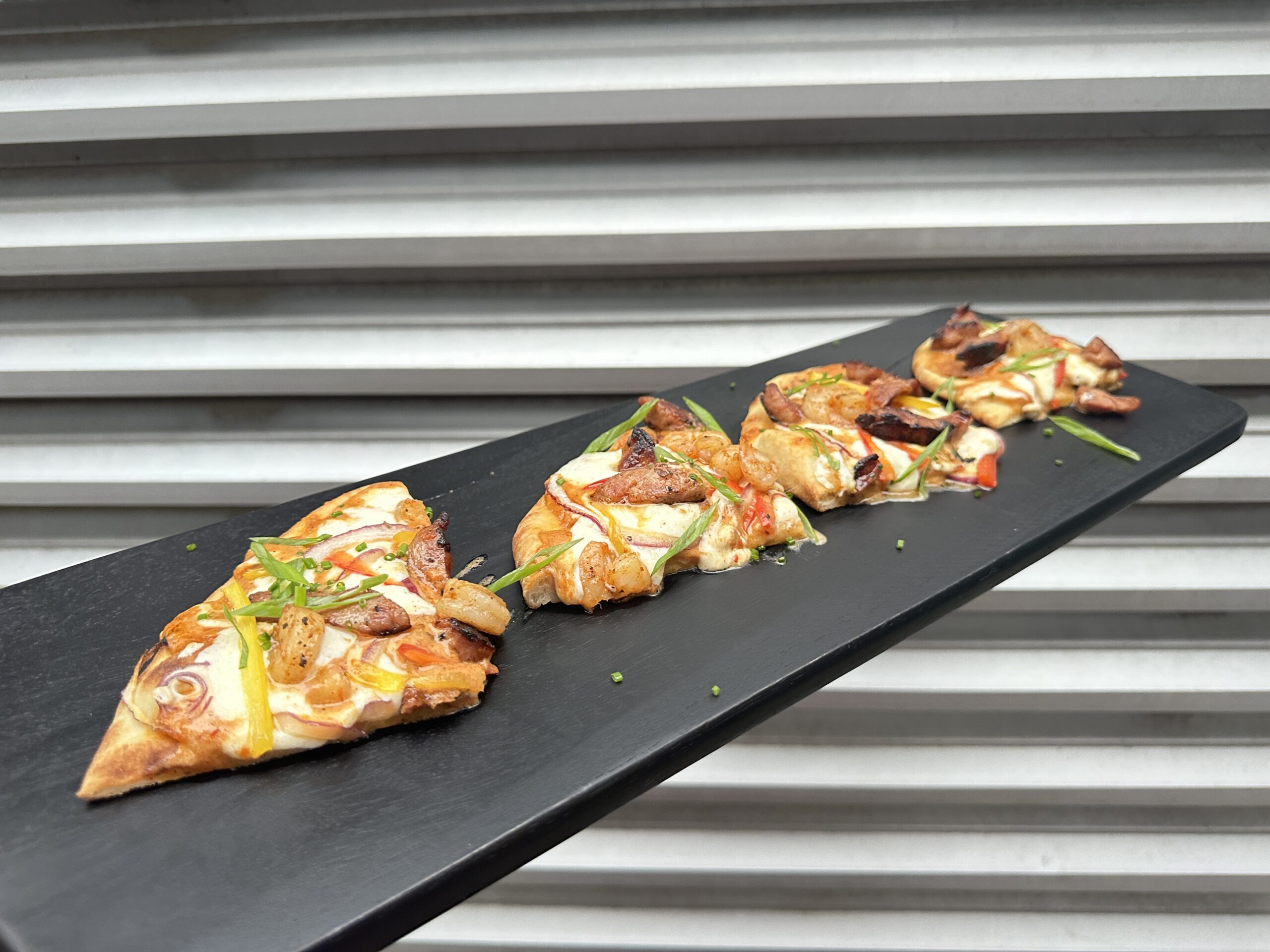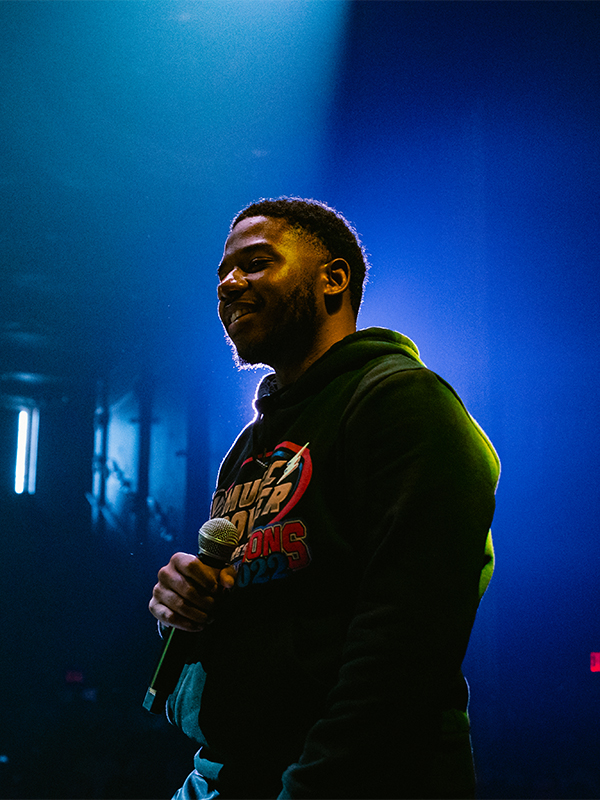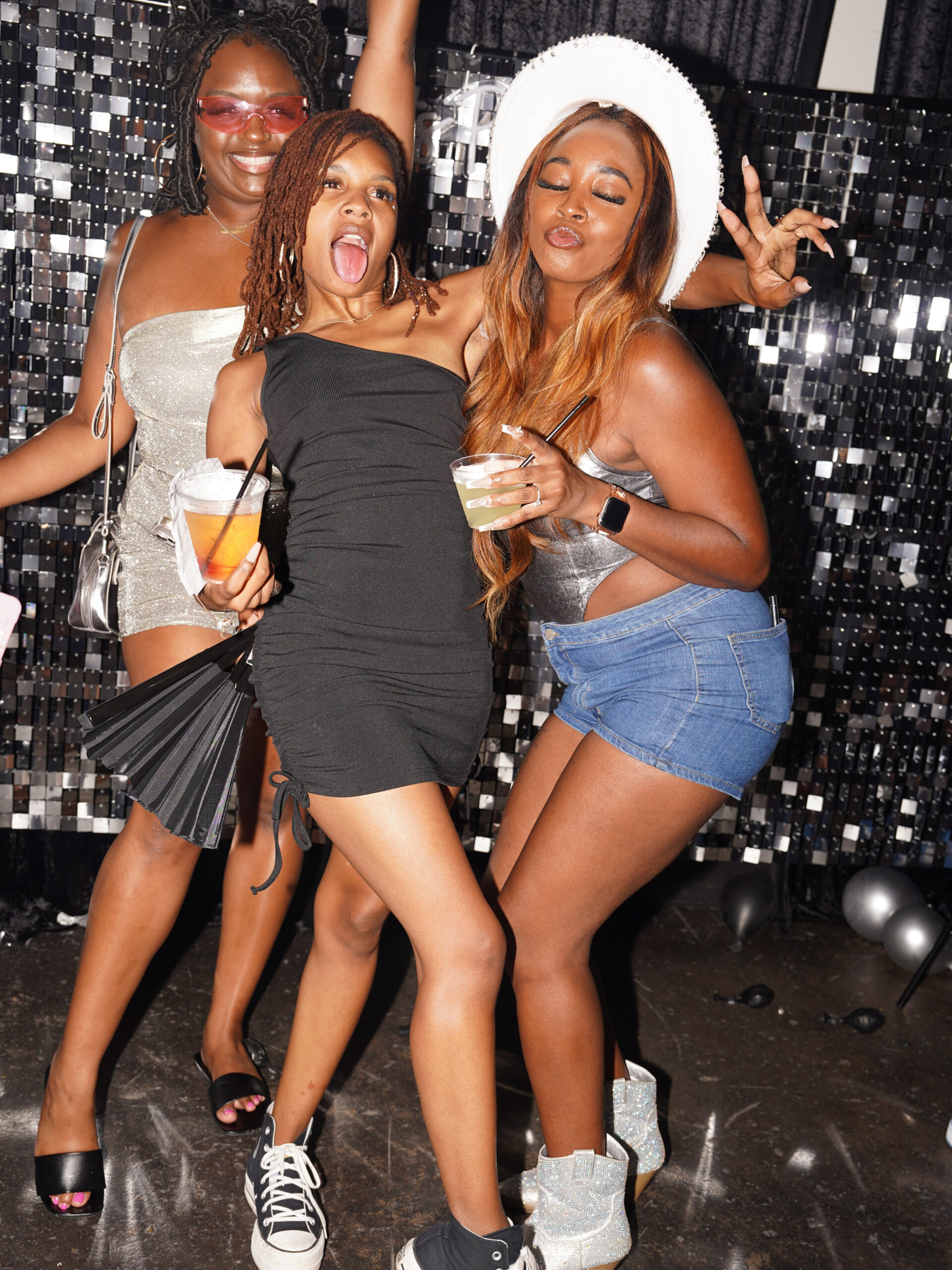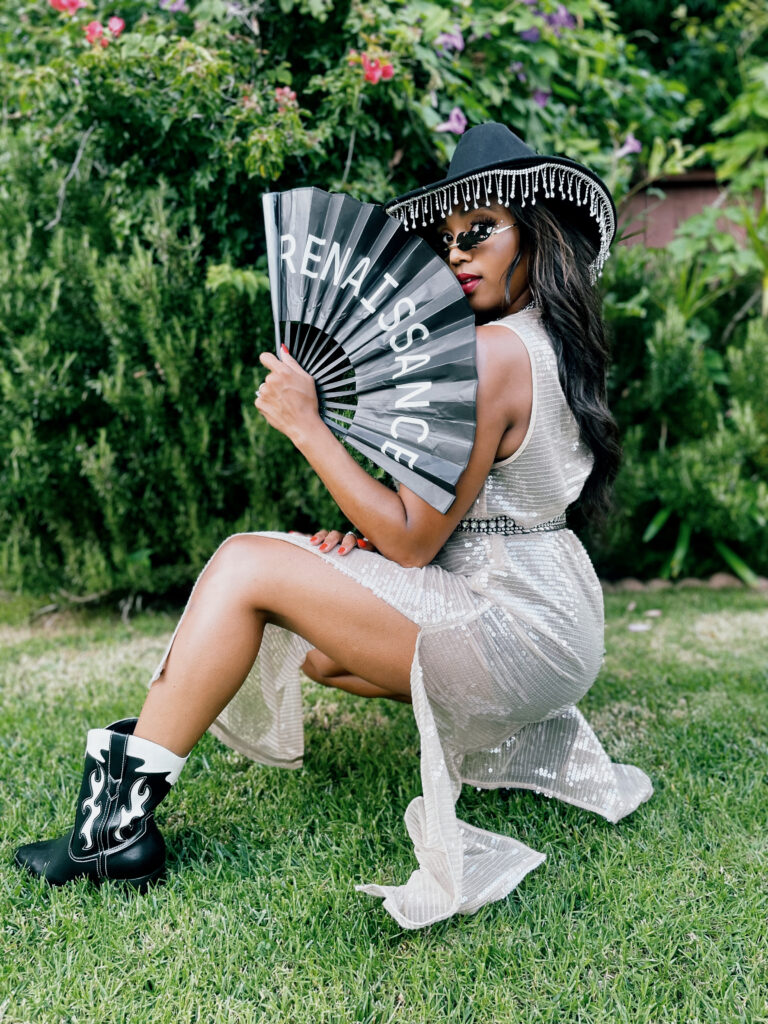Just 10 months ago, the three founders of BlackWomen& were strangers.
But when they met, stars aligned, missions combined and a new, impactful concept was born: BlackWomen&, a platform to invest in and celebrate Black women, was the thread that weaved together three Bay Area-bred women who were already doing the work. Dr. Michelle Hector had spent the last five years researching how Black women sustain leadership positions as part of her dissertation. Morgan Reams was empowering women of color through her fitness instruction. And Zakiya Mackey was merging social impact and tech to further her efforts as a “community evangelist.”
“We don’t get to be the authors of our own stories,” says Mackey. “And so this really gives us an opportunity to talk more about it and provide a platform for us to be those authors. Within the microcosm of being a Black woman, there’s diversity—different ideas, opinions, and ways in which we show up in the world.”
Fittingly, the birthplace of their collaboration was a Black-owned coffee shop in Oakland. The community-oriented nature of the East Bay has been foundational to BlackWomen& ever since. Oakland is where, since they launched the initiative in April of 2023, the founders have held impactful conversations and engaging programming, from local food drives to networking happy hours and curated panels to in-person marketplaces.
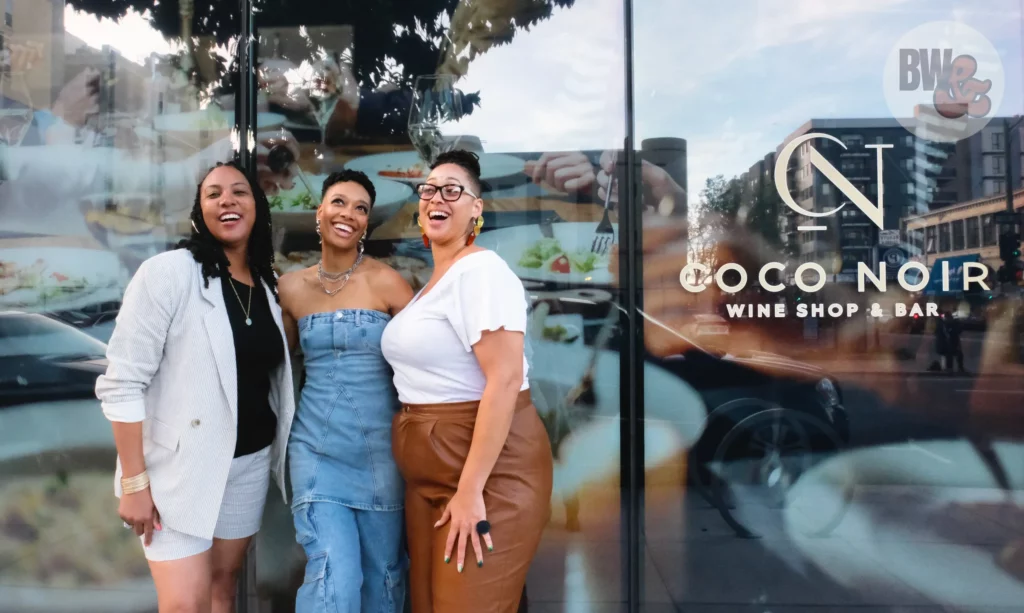
“We named it BlackWomen& because we’ve always been so much more,” says Reams. “When you step into a room, you’re a Black woman and you’re a doctor, and you’re a scientist, and you’re a business owner…but you’re always going to be a Black woman first.”
Fresh off a successful BlackWomen& event spotlighting the intersections of Black Women and sexual health at the Sweet July Oakland store, Sweet July spoke to the founders of BlackWomen& about their plans for the initiative as it expands its impact.
In what ways does BlackWomen& embody the concept of community?
Zakiya Mackey: All three of us have roots in the Bay Area, roots in San Francisco and Oakland. Growing up, I had always experienced my mother having community in a variety of structured ways. She had a Black women’s investment group, she had a Black women’s real estate group, there were Black women book clubs. My parents had a book bookstore on Grand and Montecito for the formative years of my life. That created a lot of community for me growing up. This gave me an opportunity as a young person in the world, as a young Black girl to see myself in so many intellectual spaces. And in reflecting on that with Morgan and Michelle, [we realized] we didn’t have a place for that [now]. We wanted to fill that need.
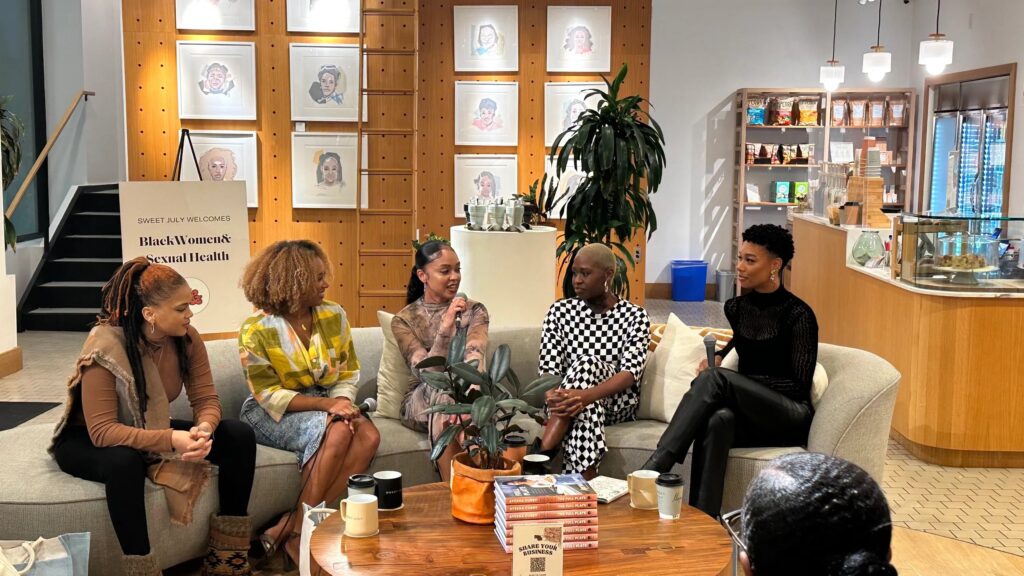
Morgan Reams: You know what they say? See a need, fill a need. And that’s what we did. We’re all at different points in our careers, different points in our lives—we’re still technically in three different decades of being a Black woman. And we draw different experiences and stories from that. We yearned for a community of specifically Black women who are doing the damn thing, whether it’s on their entrepreneurial journey, whether it’s in their educational pursuits, whether it’s trying to find community because they moved to a new space or are experiencing transition in their lives. It was about building that space for us by us.
Dr. Michelle Hector: People are coming to us and asking, “How can we connect?” People see the vision and are asking how they can be a part of it.
What has the value been in rooting yourself in Oakland?
Dr. Hector: We started in Oakland. We’re rooted in Oakland. I’m first-generation Oakland, my parents are native San Franciscans and my father moved to Oakland and then I’ve raised my children in Oakland, because of the richness and the respect for Black folks. Growing up, the respect for Black people and the power of being Black was never questioned. We want to stay here. We’re starting here—building that foundation here. Do we have aspirations to move out? Yes. We’re just ensuring that we’re taking care of home first, because that’s important.
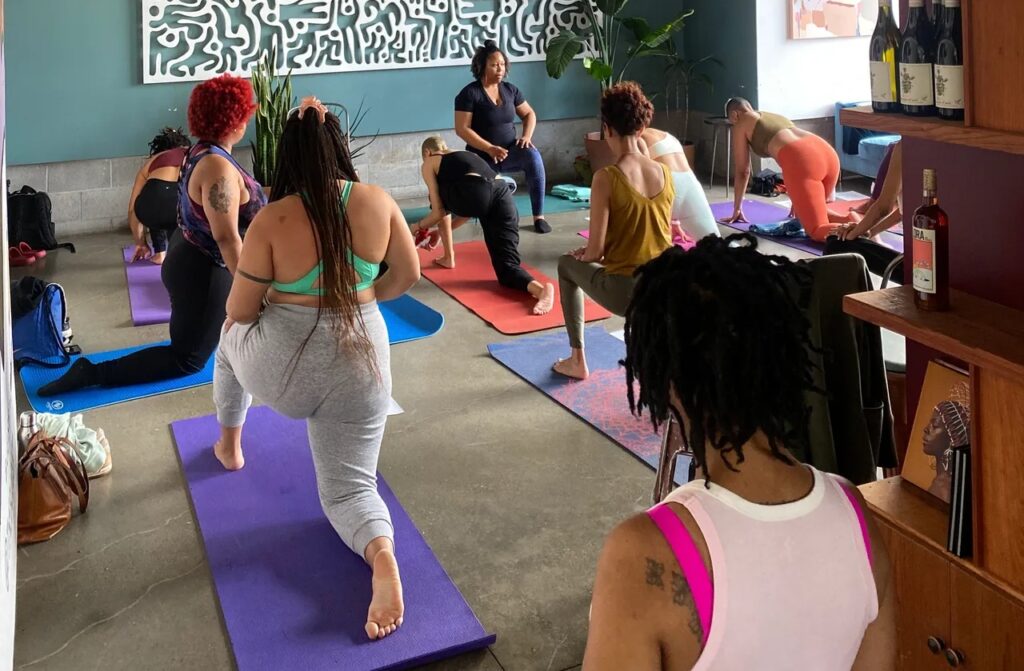
What are some of the events you’re particularly proud of since launching in April?
Reams: Our launch event was inspiring. When you’re launching something, there’s a lot of different ideas and personalities. And we were just like, “Okay, I hope this is successful. I hope we can bring women into the room.” When we launched, we had 170 women in a space that probably only could hold 70. It was warm and there was so much love in the room. People were saying that they had never been in a space that was so genuinely Black, but also so welcoming. They all felt at home in our space. And that was the goal.
In the Third Sundays event with Kinfolx, we have six different Black women entrepreneurs come and vend their goods, whether it’s clothing or body [products] or food. And then we also have a self-care lens. We host a different Black woman yoga instructor to give a space for us to decompress and come together in a zen environment and then reinvest in our community.
Our Black culture trivia night for Juneteenth was super fun—you know how Black people are when we play games. People loved it! It was competitive in the best way. People were dancing—we have Black female DJs at all of our events. And it was our first event where it was actually coed.
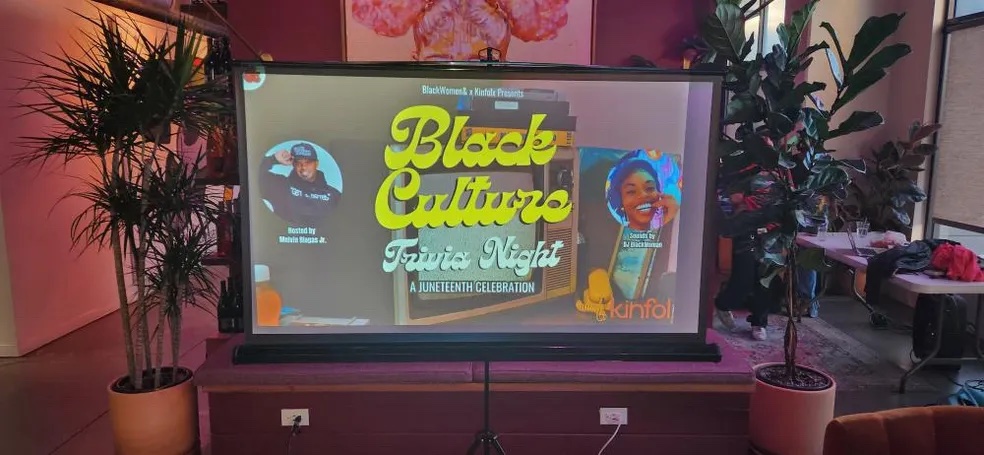
What’s on the horizon for BlackWomen&?
Mackey: One of our founding principles is mentorship. So in 2024, that will be coming: multigenerational mentorship pairing for Black women in our sphere to be able to connect, learn, share, grow and celebrate Black women who are going through similar situations. [It’s about] how we can no longer foster these communities of competition, but rather collaboration. As we like to say, “sistership.”

